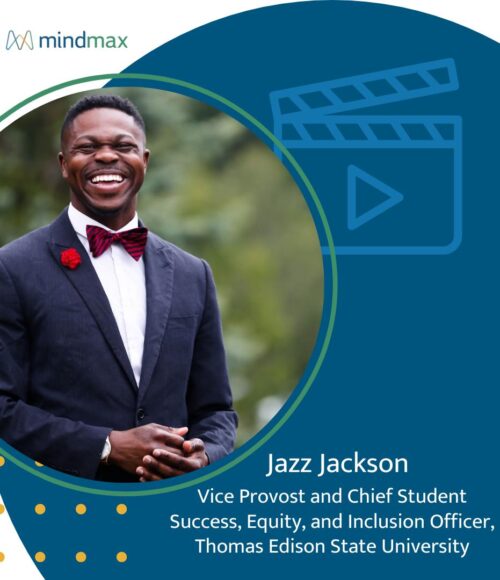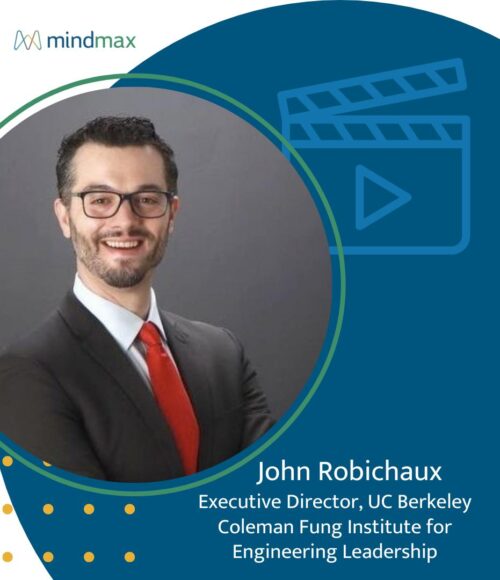Not Business as Usual
Two dynamic personalities and powerful speakers keynoted the 101st Annual UPCEA Conference. Robert Reich, former Secretary of Labor regaled us with tales of technological change, his challenges to traditional degrees, and his pitch for lifelong learning. When Robert Reich speaks about globalization, job (in)security or just about anything, we listen. Reshma Saujani, founder of Girls Who Code (GWC), impressed us with the need for and her organization’s success in engaging girls in STEM from an early age (over 10,000 girls trained in coding since 2012). Saujani’s recounting of her own entrepreneurial journey was as motivating as the story of the girls who have benefited from it.
In challenging the status quo, these two headliners reinforced the ongoing efforts of this audience of educators, working, in some cases, fighting, to extend access to quality educational programs to under-served or underrepresented students for many years.
But the most powerful moments for most of us were the speakers whose names very few of us recognized and who had been toiling away in relative obscurity over the past several years to avail themselves of these programs.
These awardees are representatives of the wide range of students who are served by these programs and the reason we cannot do business as usual if we are going to meet their needs moving forward.
Continuing and Professional Education to Meet the Needs of the Workplace
Natalia M. Higgins is a testament to the value of credentialing and the role that Continuing and Professional Education can play in upskilling our workforce. Higgins is the recipient of this year’s Outstanding Continuing Education Student: Non-Credit Award. A graduate of Kennesaw State University, Higgins obtained her B.S. in Organizational Communications there and went on to earn multiple certifications, including Human Resources, Fundamental Payroll, and SHRM, as well as an Executive MBA.
Higgins’s story illustrates how workforce needs can be met when circumstances enable individuals to build capabilities throughout their careers.
Against the Odds
The challenges that so many of our target students meet are encapsulated in the journey of Lori St. Pierre, recipient of this year’s Outstanding Continuing Education Student: Credit Award. St. Pierre was born and raised on Rocky Boy Reservation and has built her credentials over time, in fits and starts corresponding to health issues and family responsibilities. Dropping out of school at age 16 only to complete her high school diploma six months later, St. Pierre’s completion of a college degree was delayed a number of years while she raised her daughter and battled addiction. She, later on, received her undergraduate degree at Stone Child College and a graduate certificate in addictions counseling.
St. Pierre plans to become an addictions counselor and serve the community on the Rocky Boy Reservation. Her story is one of great fortitude and was achieved through the support of extraordinary faculty and advisers, sometimes traveling 30+ miles to meet Lori, in order to ensure she succeeded.
Embracing Non-Traditional Pathways
Jacqueline Anne Wilson-Schau talks about having to drop out of college due to a series of personal events. She credits the Kansas State University Global Campus, where she received an undergraduate degree via distance, with enabling her to reinvent herself as a non-traditional student. She is now working toward a graduate degree in academic advising. Wilson-Schau’s story reinforces the role that continuing and professional education plays in helping students discover options for career development even when they may have followed an indirect path in their educational journey.
Supporting Not Business as Usual
The work that schools of continuing and professional studies do to support students and programs such as these has a huge impact on individual lives and on our ability to meet the changing needs of the workplace.
To respond to these challenges, schools need:
- Agility to adjust to workplace needs with new programs
- Creativity and skill to develop new ways of doing business
- Entrepreneurship in assessing and responding to the needs of our expanding audience of “new” traditional students
Thanks again to our keynoters and inspiring award recipients and thanks to their schools and so many others for working in an ever-changing environment to support “not business as usual.”
Related Ideas
Jazz Jackson Wants to Help Every Student Finish What They Start

John Robichaux Wants Lifelong Learning to Drive Public Impact
